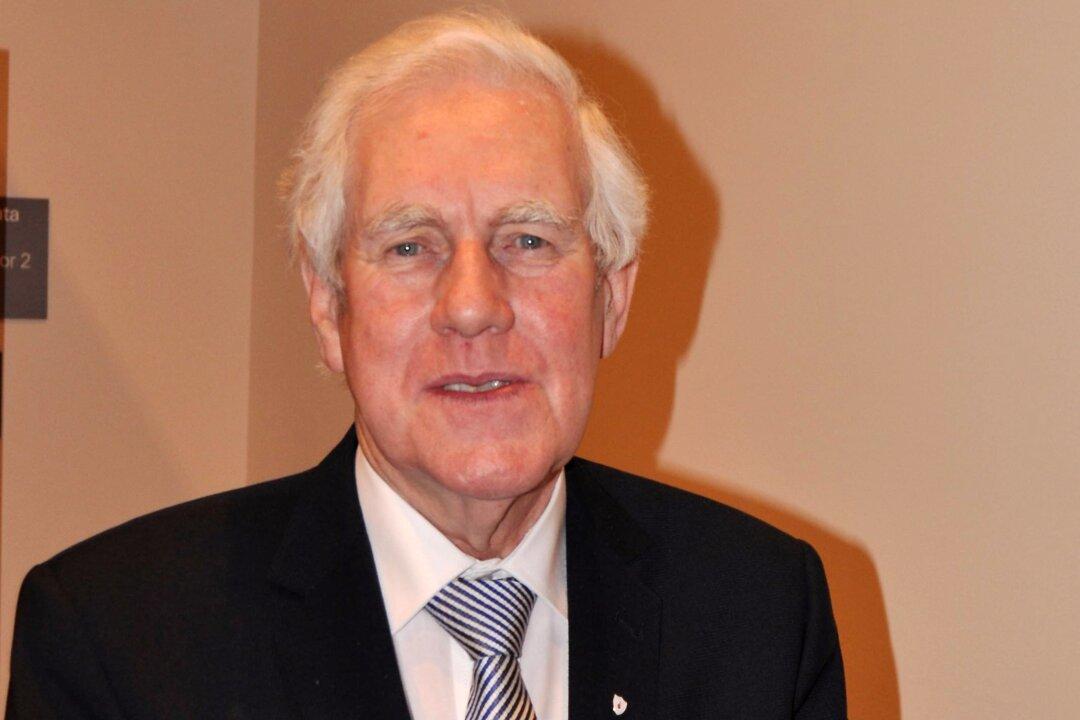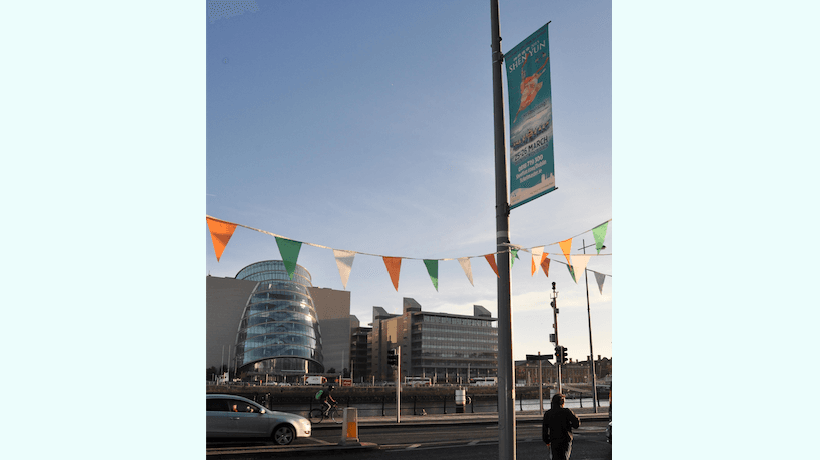If you’re thinking of going to the football World Cup in Brazil next year and you want to learn some Portuguese, then Language Exchange Ireland might be the place for you. After returning f 6-month trip to South America, Briarom an Heavy missed not being able to continue his Spanish conversation.
Disappointed in what Dublin had to offer in this area, he set up his thriving business – Language Exchange Ireland. Brian Heavey and a friend came up with the system this year, booked a venue, and the rest is history. “We organised a date, and 51 people turned up on the first day for just Spanish and English. As it started to grow, we introduced French, Portuguese, Italian, German, Japanese, and Chinese,” he says.
The venture was such a success that Brian persuaded a pal in Brazil to do the same. “I got on to him and explained the concept and how it runs, so now I do all the online work and he does the work on the ground. On the day he meets the people and runs the event.”
Not your traditional classroom
Brian believes that his conversational approach isn’t really available from traditional language institutions. “They don’t really offer services like this. It’s more just classes that are available there rather than language exchanges.”
“If you actually want to learn a language, it’s more about getting a bit of it and chancing your arm, running with it and giving it a go. It’s really about speaking it. Many people can read or write a language, but can’t speak it,” explains Brian.
“No one really focuses on the conversation side of things in the language sector here,” says Brian, who believes that the same applies to English language schools in Dublin. “I’m very much focused on conversation, maybe not speaking the language perfectly but just getting by initially, and being able to interact,” he says.
“We get people coming along for all different types of reasons. Whether it be university students brushing up on their language skills for college exams, maybe someone is moving because of work, or maybe they have a partner from a different country and they are going to meet the in-laws who speak a different language,” says Brian, who adds that they even get people coming along just to meet people from different cultures.
“It’s a great way for foreign people to learn a bit about Dublin from an Irish person, learn which nightclub, pub or restaurant is worth going to, where should I travel to in Ireland. You’re meeting real Irish people who have an interest in other cultures because they are trying to learn another language,” he says.
Brian also suggests that Irish people who want to learn about other cultures from native people can do so at Language Exchange Ireland. “With a native speaker, they will also be able to tell you about their culture, and maybe how it is different to yours.
“The whole system is pay-as-you-go, no contract, just turn up on the day. It’s a fiver in, starts at half six and finishes at half eight, and there’s a break which includes food. It’s good value too,” says Brian.
Branching out
Brian’s initial success has given him another idea for teaching languages. “Languages To Go” was initially taught for Spanish and Portuguese classes. The idea is geared towards people who might want to go on holidays to a country that speaks Spanish or Portuguese, and where the person wants to learn the basics to get by while there. They don’t necessarily want to learn the full language. “It’s more language for your holidays,” says Brian.
“We teach you the language you need to know, such as how to deal with certain situations. Ordering a taxi, purchasing tickets in a bus station, ordering a meal in a restaurant or a room in a hotel,” he says.
“We don’t go hard on grammar, what some describe as the boring end of learning a language. It’s more about giving you the confidence and the basics of the language you need to get by in certain situations. Say what you want, ask for certain things,” he says.
“One week the classroom is set up like a restaurant and the pupils are ordering food, the teacher is the waiter and dresses as such, the tables have cutlery, there are menus, we replicate the whole restaurant situation. Another week it might be a bus station…it’s all situation-based classing.”
Brian says that venture is going very well: they have several courses. He believes that traditional methods of learning languages aren’t as attractive to people today, and this is why he has decided to introduce these new methods. “Bringing people into classrooms and teaching them with the ‘I have, you have, she has’ method is a bit outdated,” says Brian.
Meet people from around the world every Monday evening at 6.30pm in Dtwo on Harcourt Street, and improve your foreign language skills



